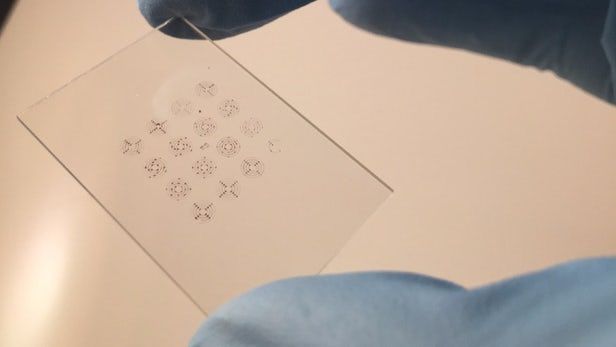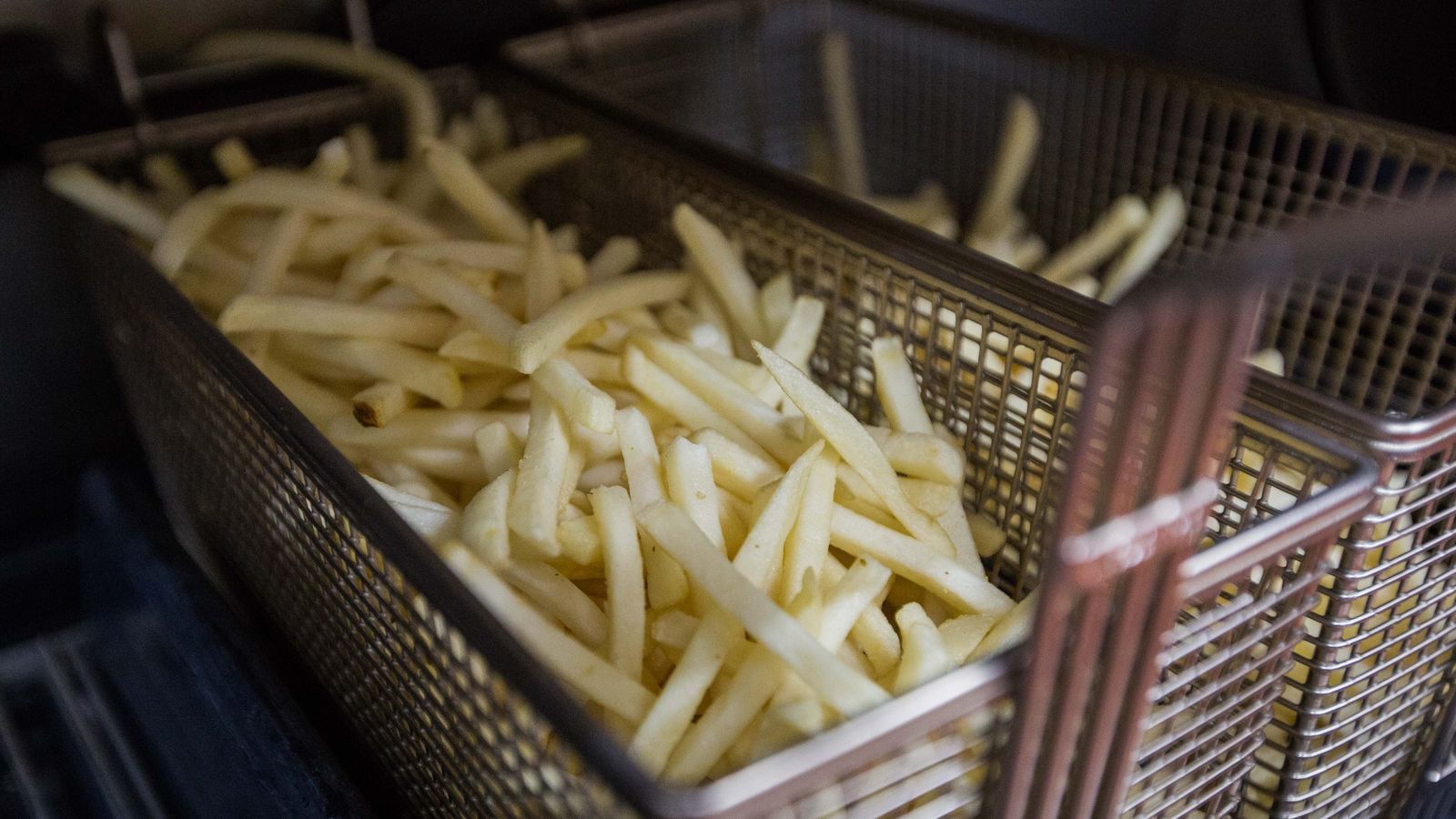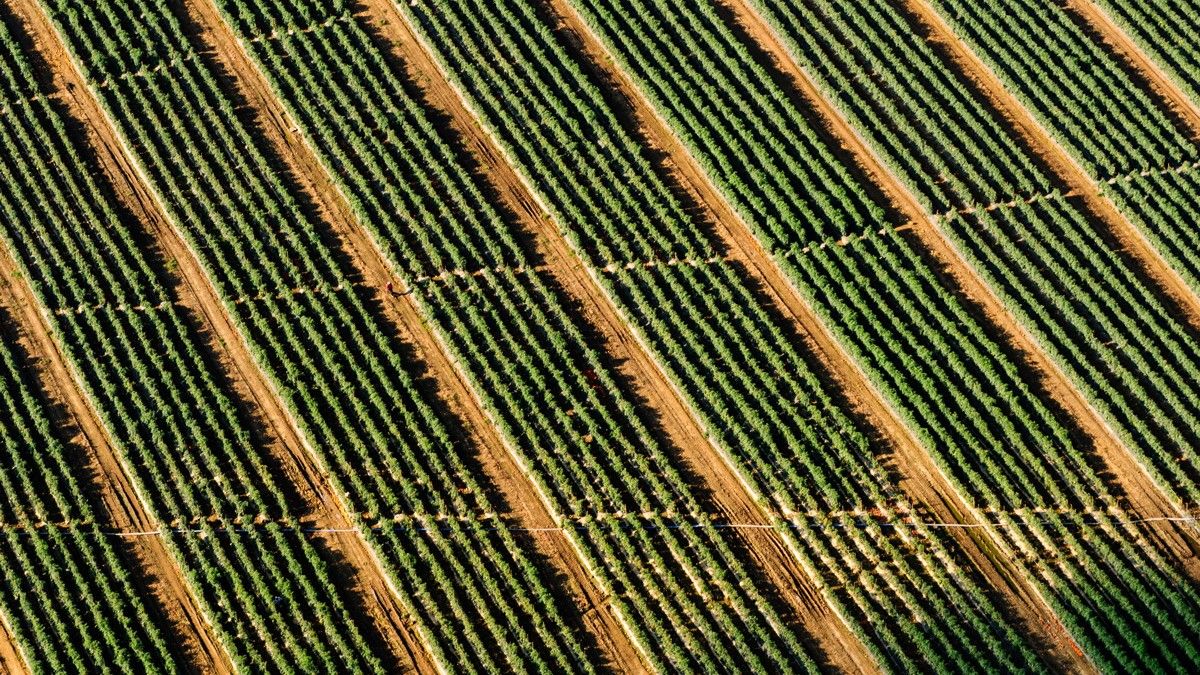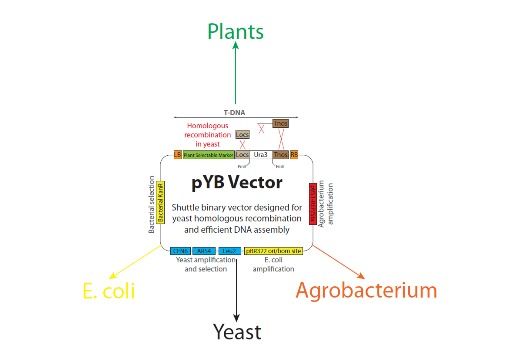Dec 21, 2016
The perfect Christmas gift? A nanoscale snowman
Posted by Karen Hurst in categories: evolution, food, nanotechnology, particle physics
Happy Holidays; happy end of the year, happy launch of next year, happy snow days, happy hot chocolate day, etc. Nonetheless, my gift to you this year is a Nanoscale Snowman.
Would a jewel-encrusted snowman make the perfect Christmas present? At only 5 nanometres in size, the price might be lower than you think. And it’s functional too, catalysing the splitting of water to make green hydrogen for fuel cells.
The nanoparticle, as imaged with the aberration-corrected scanning transmission electron microscopes, features eyes, nose and mouth of precious-metal platinum clusters embedded in a titanium dioxide face. Each platinum cluster typically contains 30 platinum atoms; within the whole nanoparticle there are approximately 1680 titanium atoms and 180 platinum atoms.
Continue reading “The perfect Christmas gift? A nanoscale snowman” »

















